- Payment Options
- Terms Conditions
- Malibu 453 blv
- info@charity.com
In today’s dynamic world, the youth are increasingly becoming a powerful
force for change. Across the globe, young people are standing up for themselves, expressing their views and rights confidently and peacefully. This growing movement is not just shaping the future but is also redefining the present.
The Rise of Youth Voices
Historically, youth have always played a crucial role in societal transformations. From the civil rights movements of the 1960s to the climate strikes of today, young people have often been at the forefront of demanding change.
However, the scale and impact of youth activism have significantly increased in recent years, thanks to the proliferation of digital platforms and social media.
Digital Platforms: Amplifying Voices
Social media has become a powerful tool for young activists. Platforms like Twitter, Instagram, and TikTok allow them to share their stories, mobilize supporters, and call out injustices in real-time.
Campaigns such as #FridaysForFuture, led by Greta Thunberg, and the #rejectfinancebill2024 movement, initiated by the youth to fight punitive tax measure’s put in place by the Kenyan government, have gained international attention and support, demonstrating the global reach and influence of youth-led initiatives.
Education and Awareness
Today’s youth are more educated and aware of global issues than any
previous generation. Access to information has empowered them to
question the status quo and seek justice. Educational institutions and NGOs are also playing a vital role by providing platforms for young people to learn about their rights and develop leadership skills.
Initiatives like Model United Nations (MUN) and youth parliaments are helping students understand the complexities of governance and diplomacy, preparing them to be the leaders of tomorrow.
Peaceful Protests and Civic Engagement
One of the most inspiring aspects of modern youth activism is the commitment to peaceful protests and civic engagement. Young people are organizing rallies, sit-ins, and marches to advocate for causes such as climate action, racial equality, and gun control. Their approach is rooted in non-violence, echoing the philosophies of leaders like Mahatma Gandhi,Martin Luther King Jr and Dr Wangare Mathai.
For example, the climate strikes have seen millions of students across the world walking out of classrooms to demand urgent action on climate change. These protests are not just about skipping school; they are a statement that the youth will not stand by while their future is compromised.
Challenges and Obstacles
Despite their passion and energy, young activists often face significant challenges.
These can range from political repression and censorship to societal resistance and apathy. In some parts of the world, speaking out can lead to severe consequences, including arrest and violence.
Nevertheless, the resilience and determination of these young leaders are undeterred. They continue to fight for their beliefs, often at great personal risk.
The Role of Adults and Institutions
The support of adults and institutions is crucial in fostering an environment where young people can express themselves freely and safely.
Parents, educators, and policymakers need to listen to the youth, take their concerns seriously, and provide the necessary resources and platforms for their voices to be heard. Encouraging intergenerational dialogue and collaboration can also help bridge the gap between the youth and the older generation, leading to more comprehensive and
inclusive solutions.
Conclusion
The youth of today are not just the leaders of tomorrow; they are leaders in their own right. By standing up for themselves and expressing their views and rights confidently and peacefully, they are driving significant changes in society. Their activism is a testament to the power of young voices and a reminder that age is no barrier to making a difference. As they continue to challenge the status quo and demand a better future, it is our collective responsibility to support and amplify their efforts. In doing so, we can create a more just, equitable, and sustainable world for all.
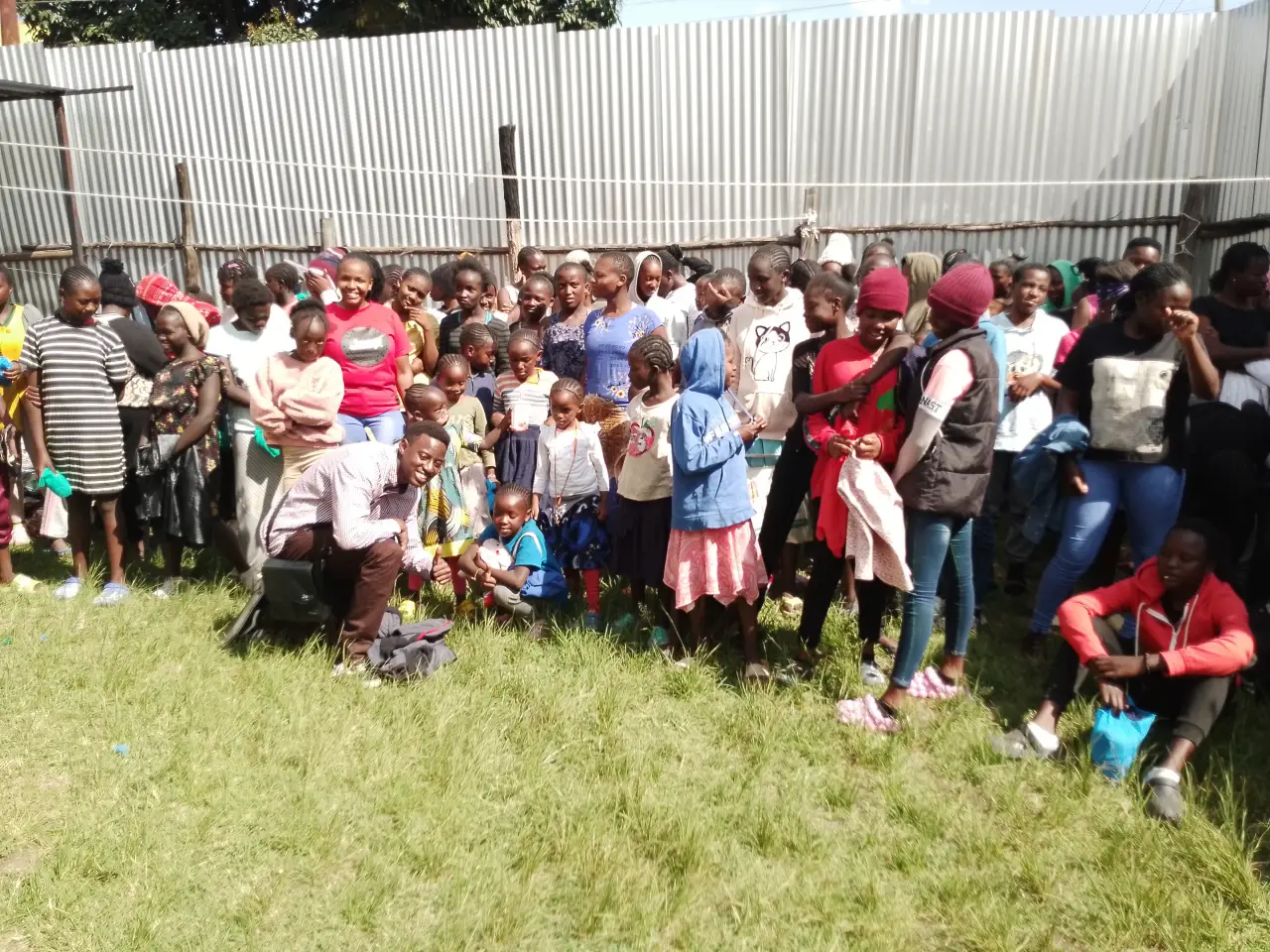
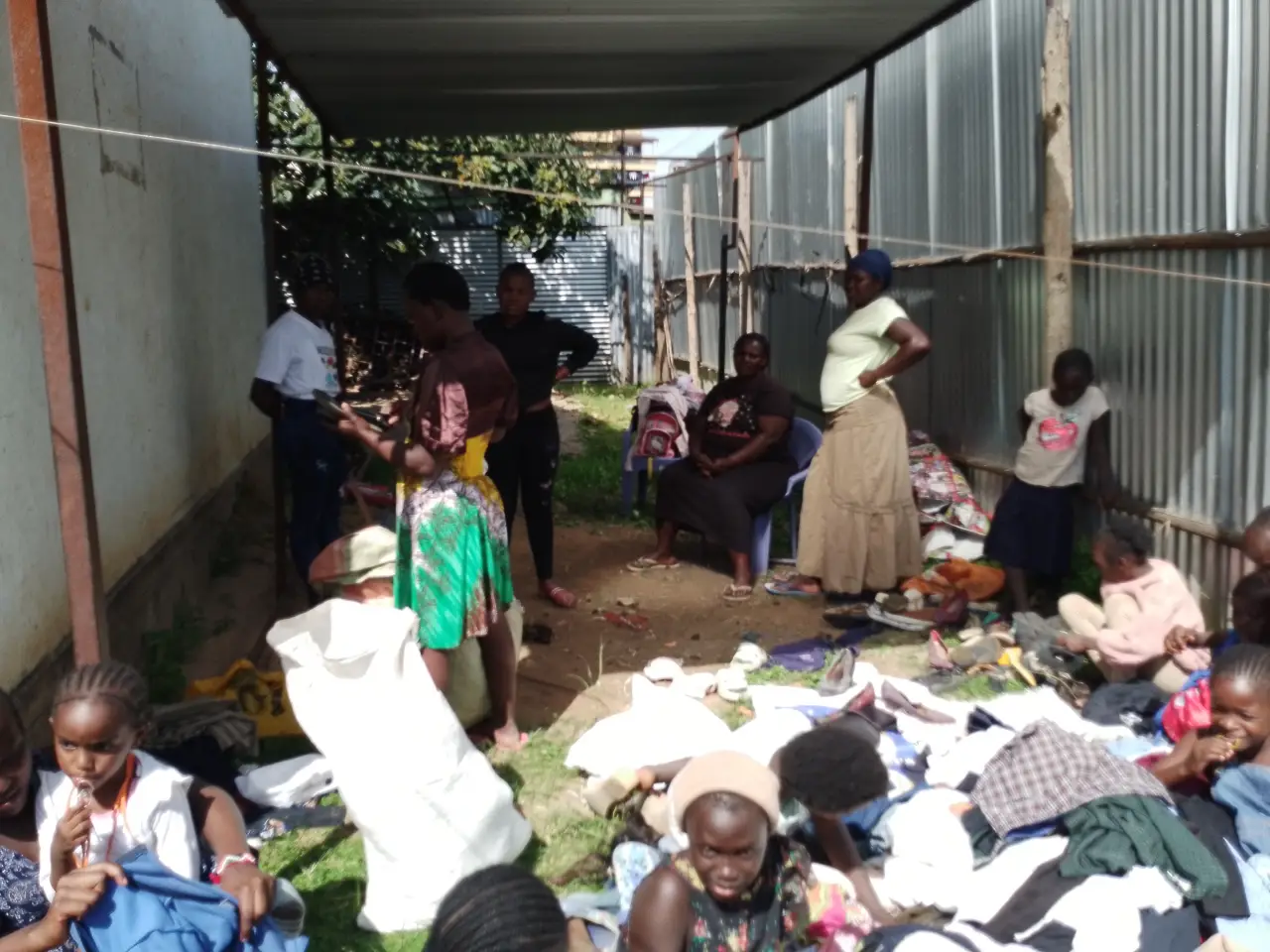
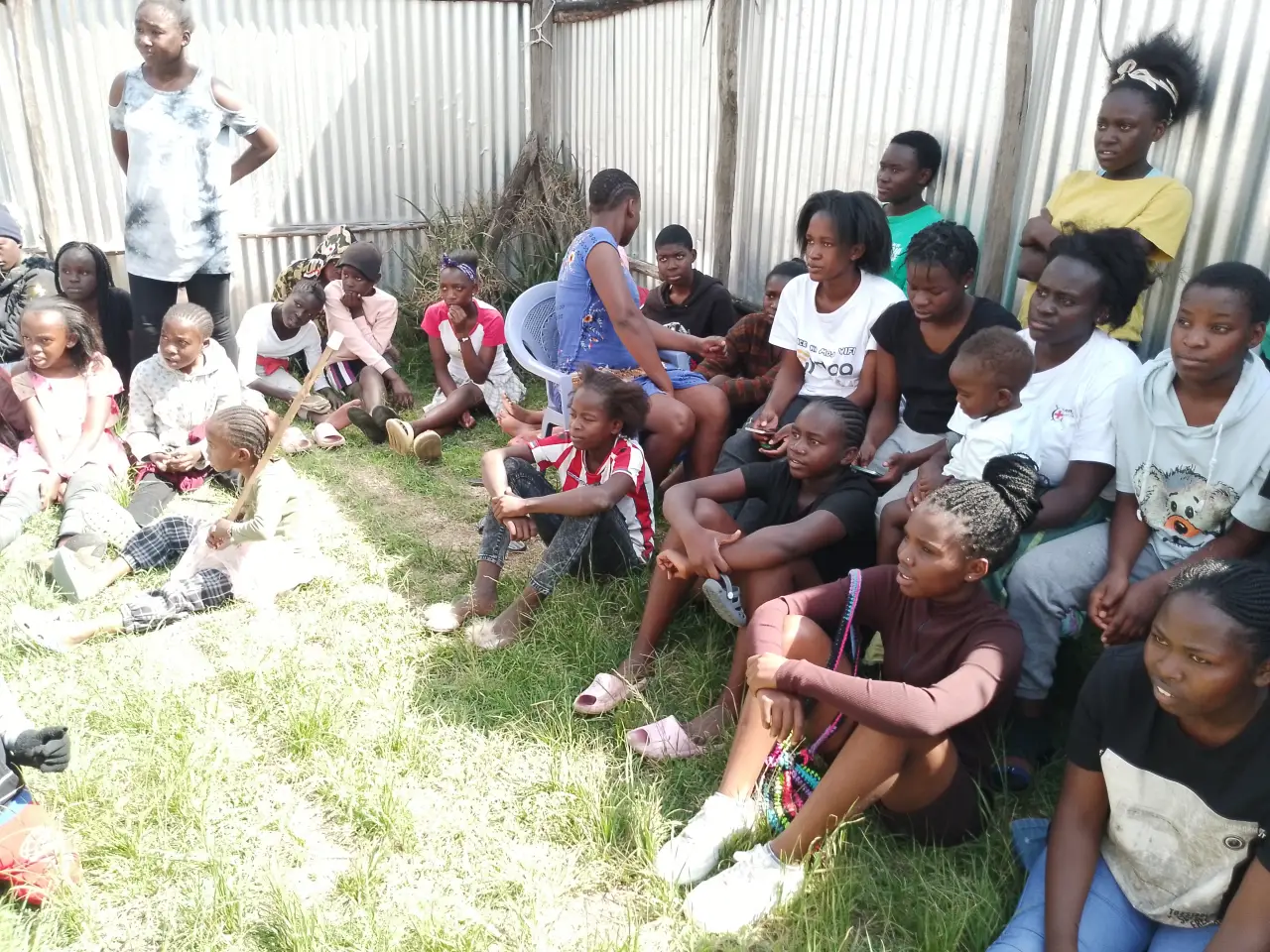
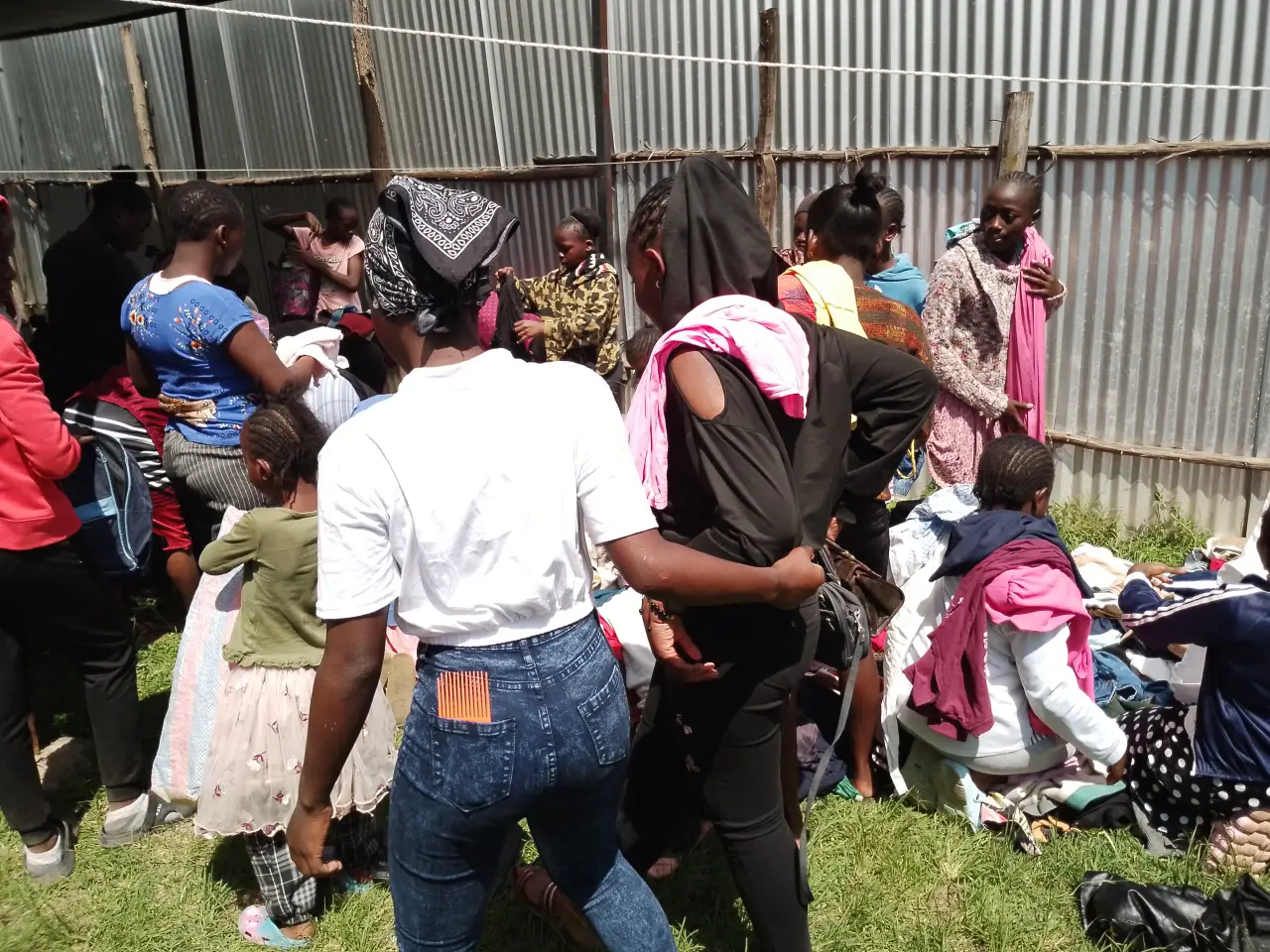
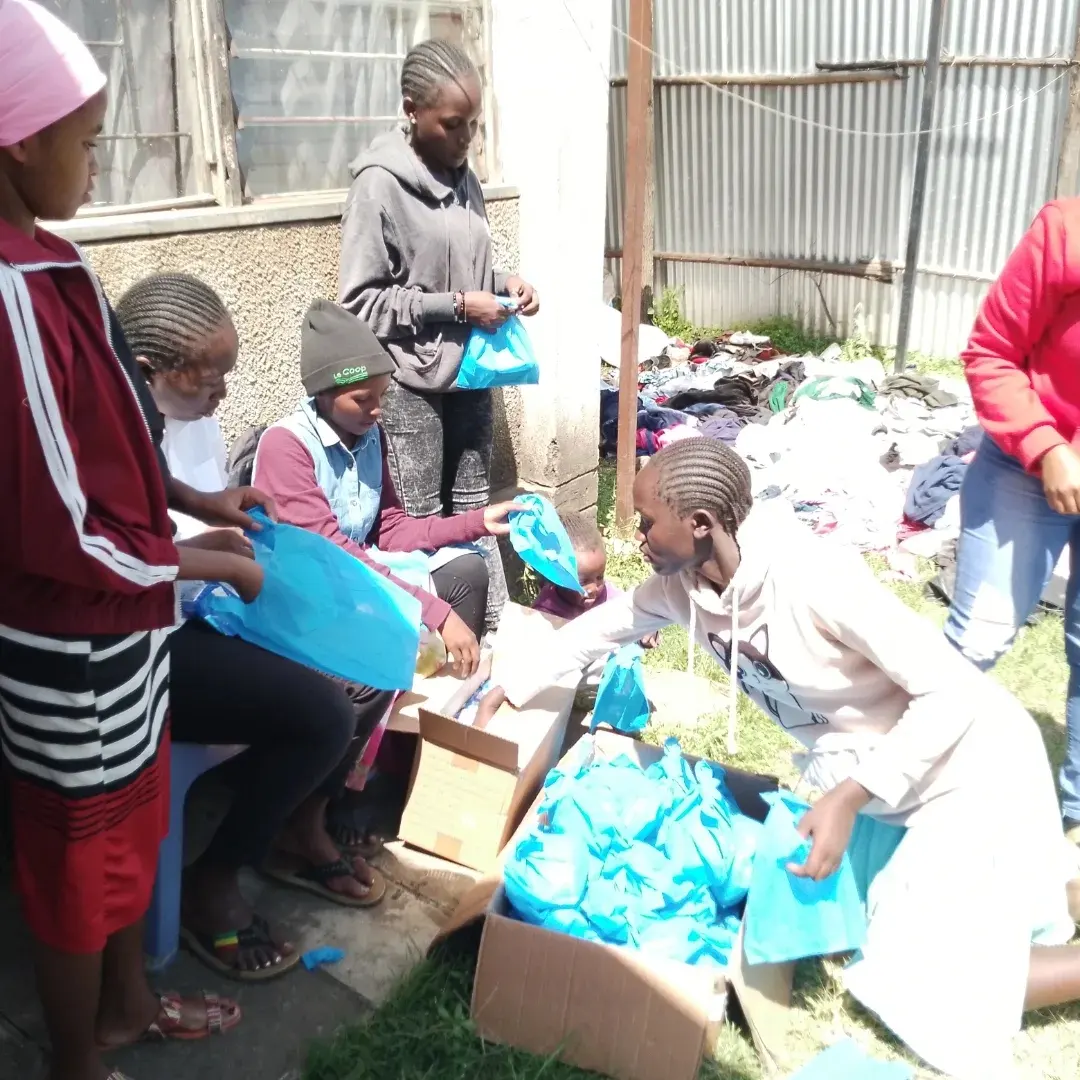

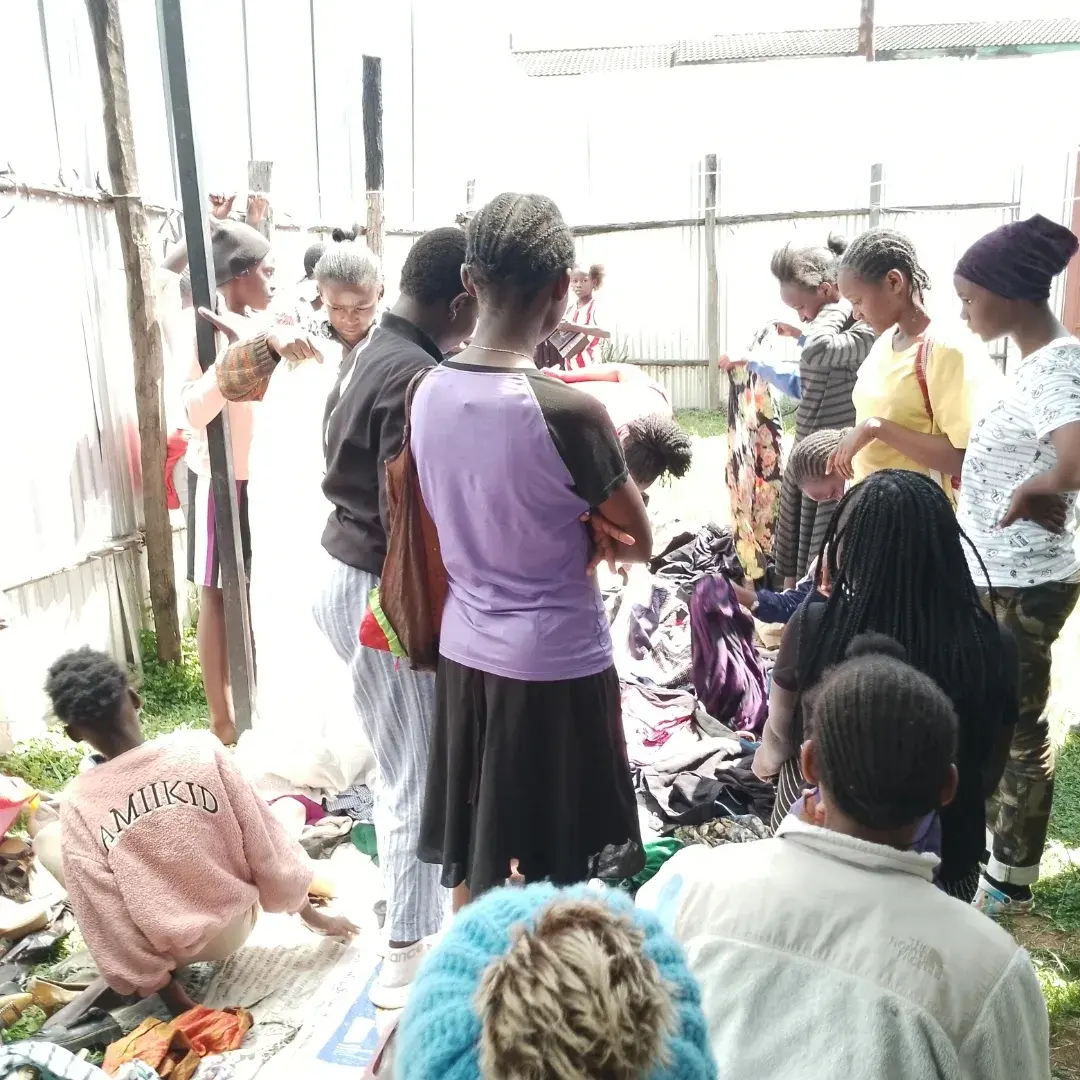
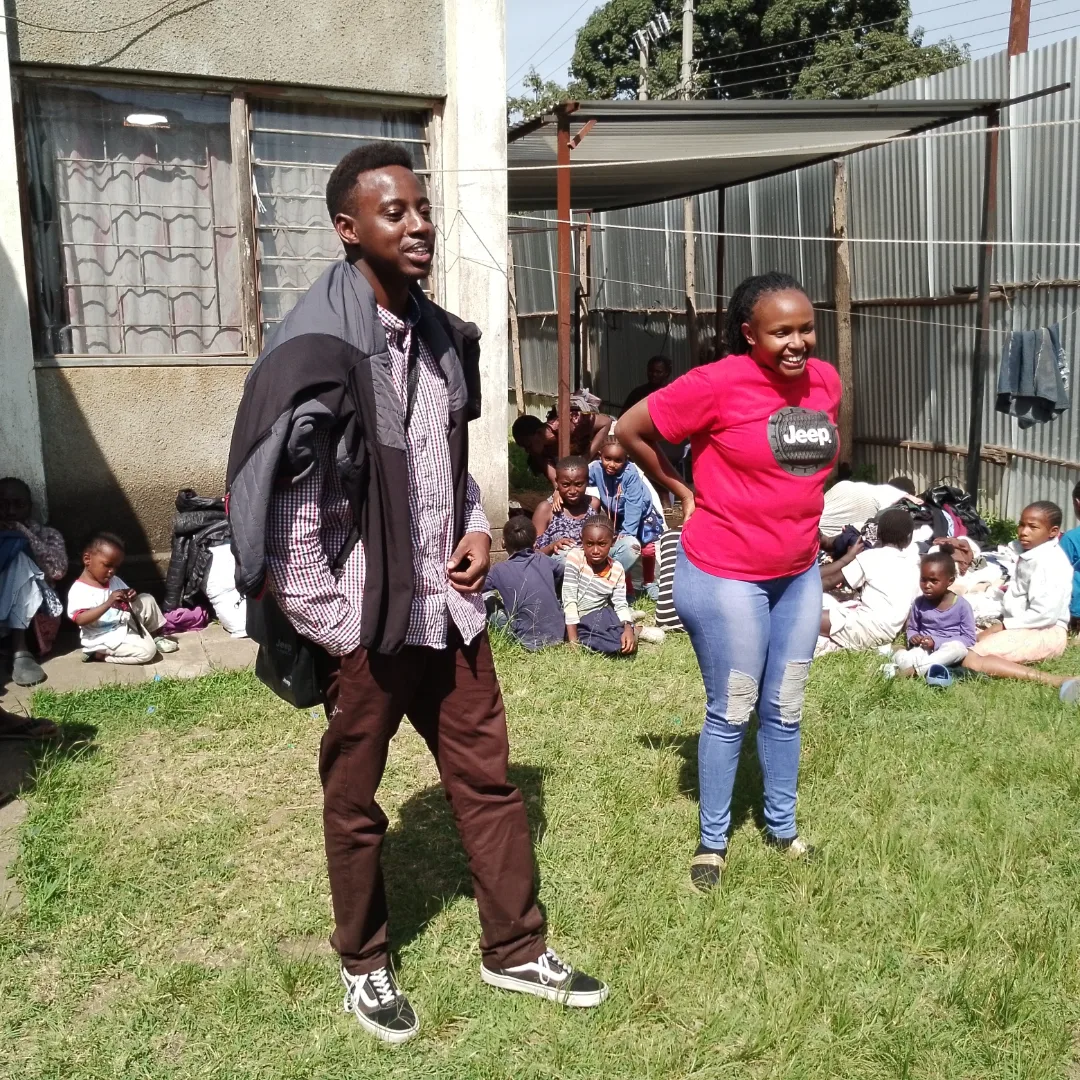
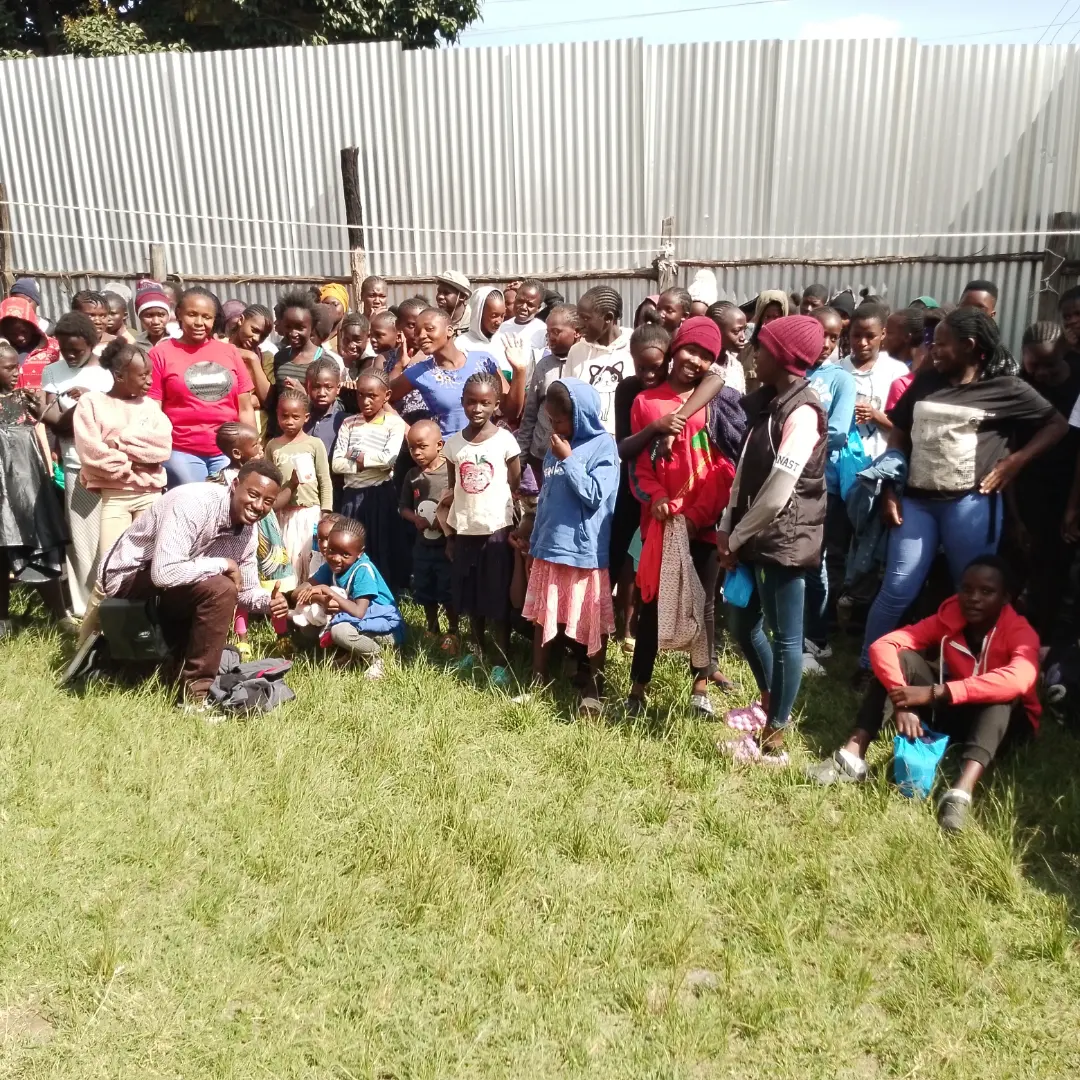
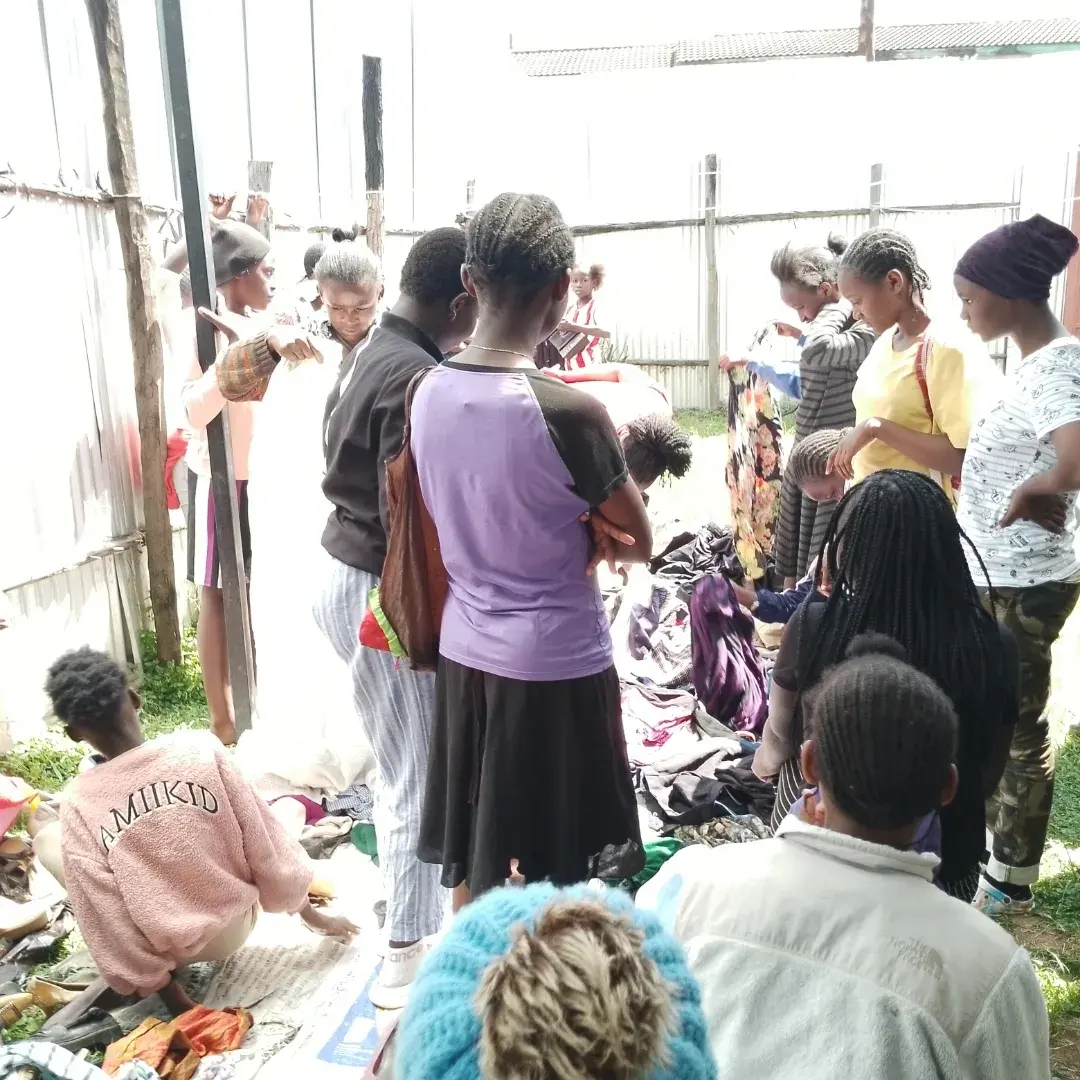
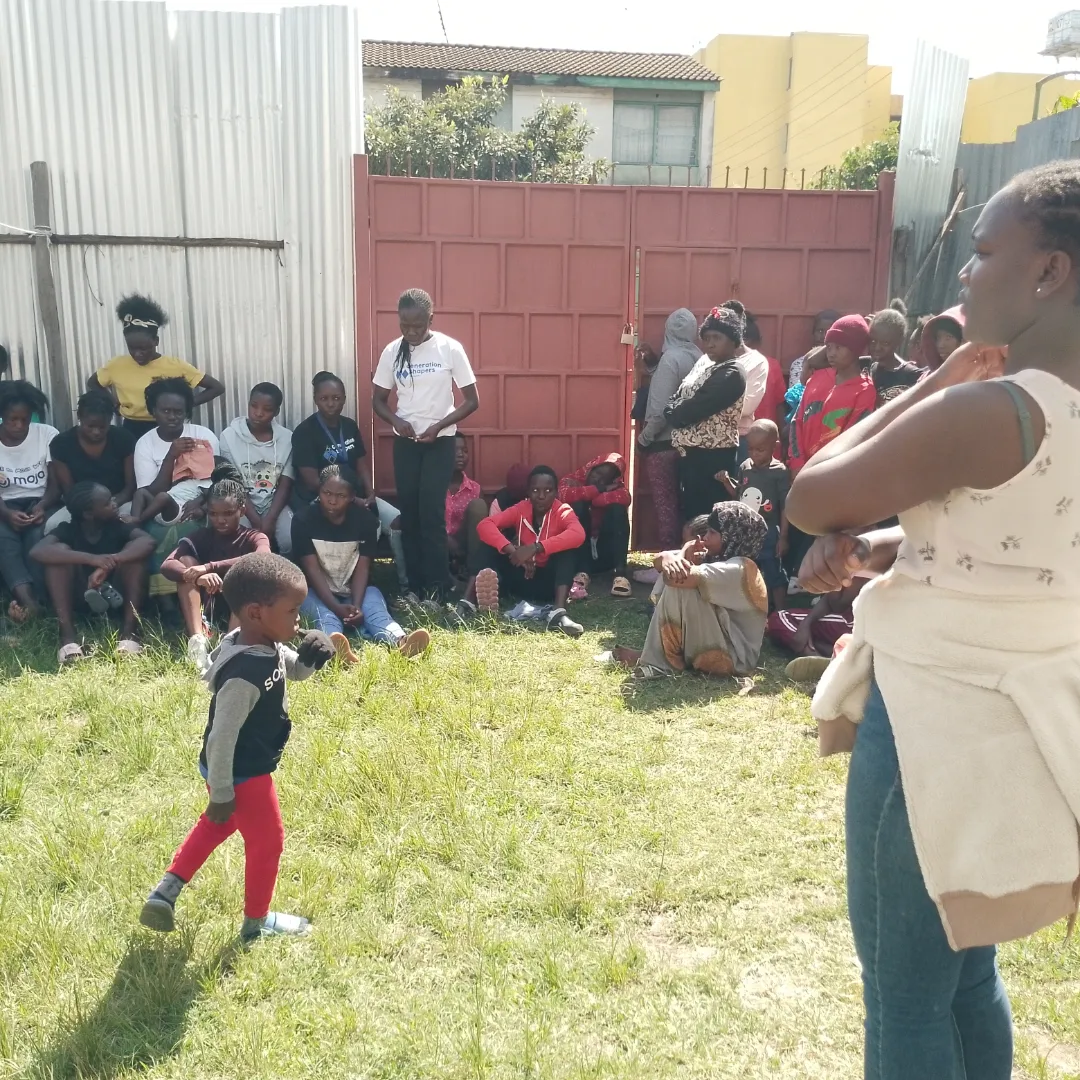
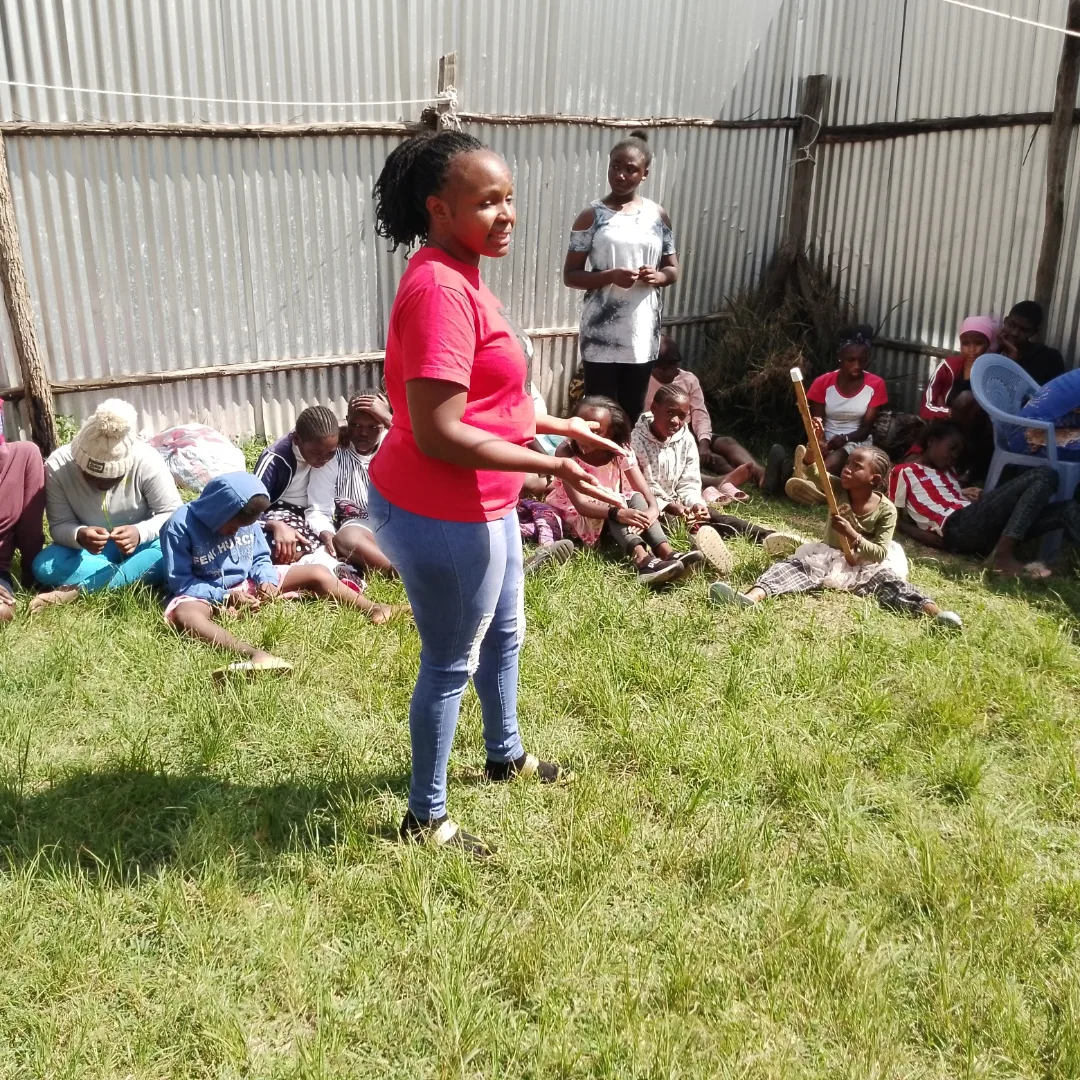
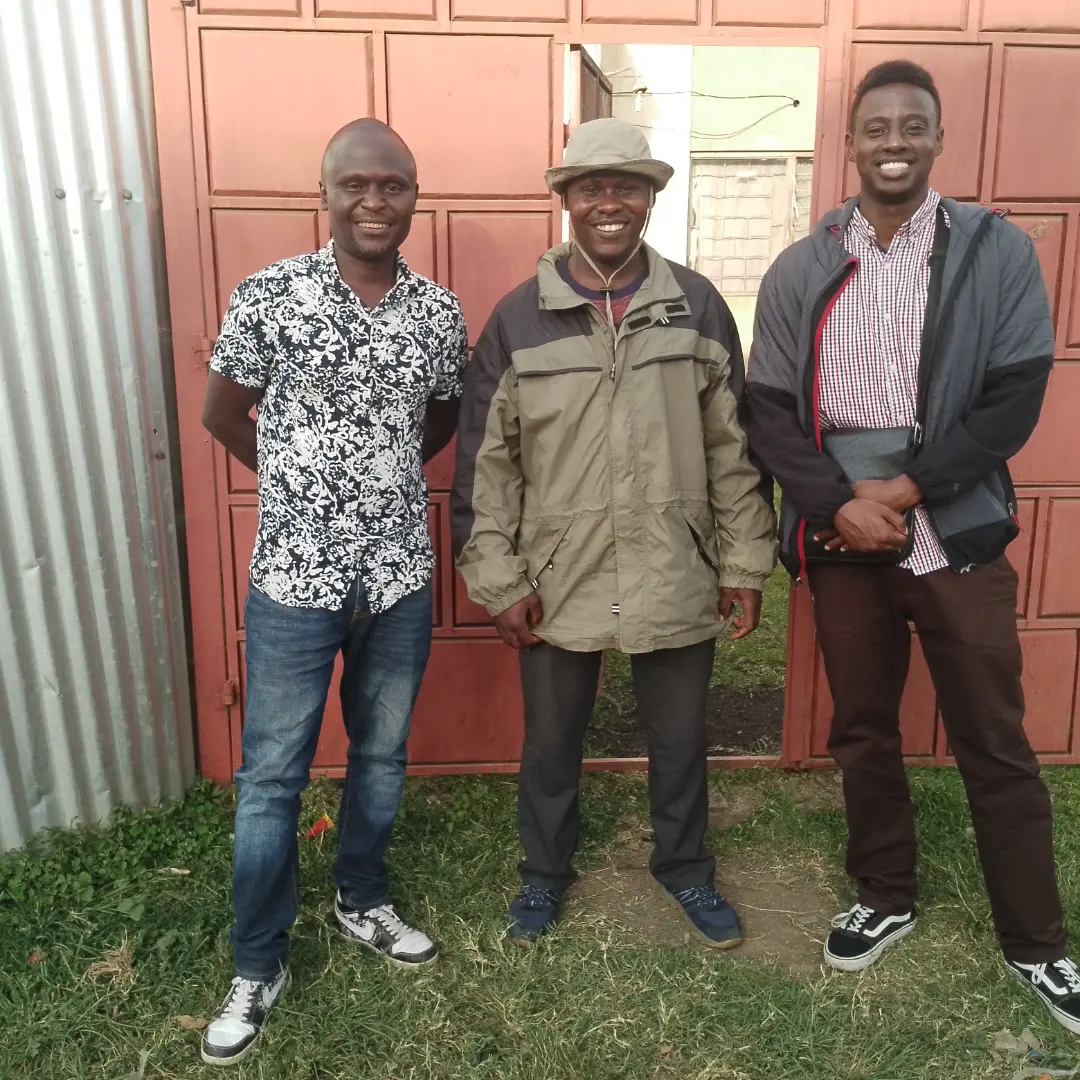
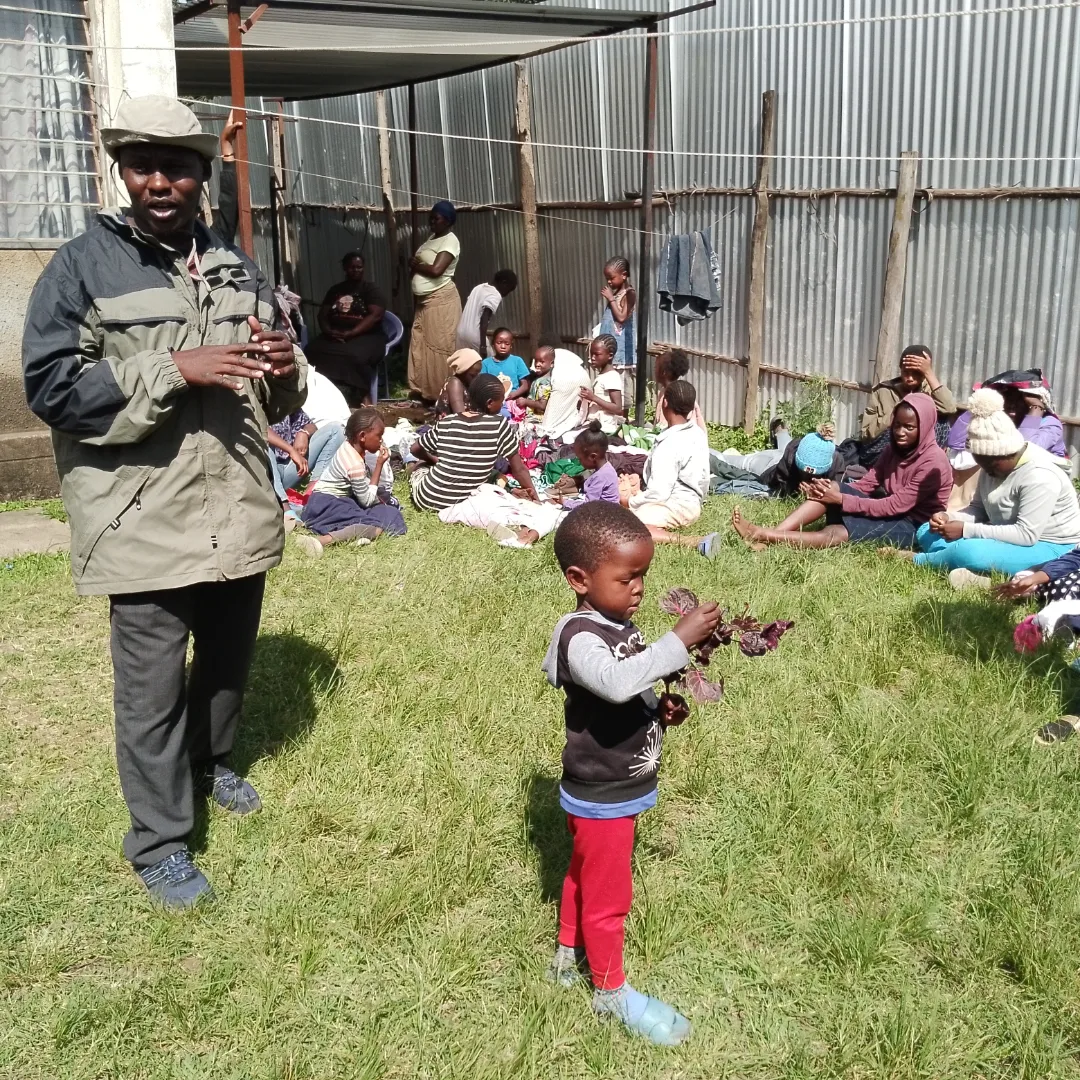
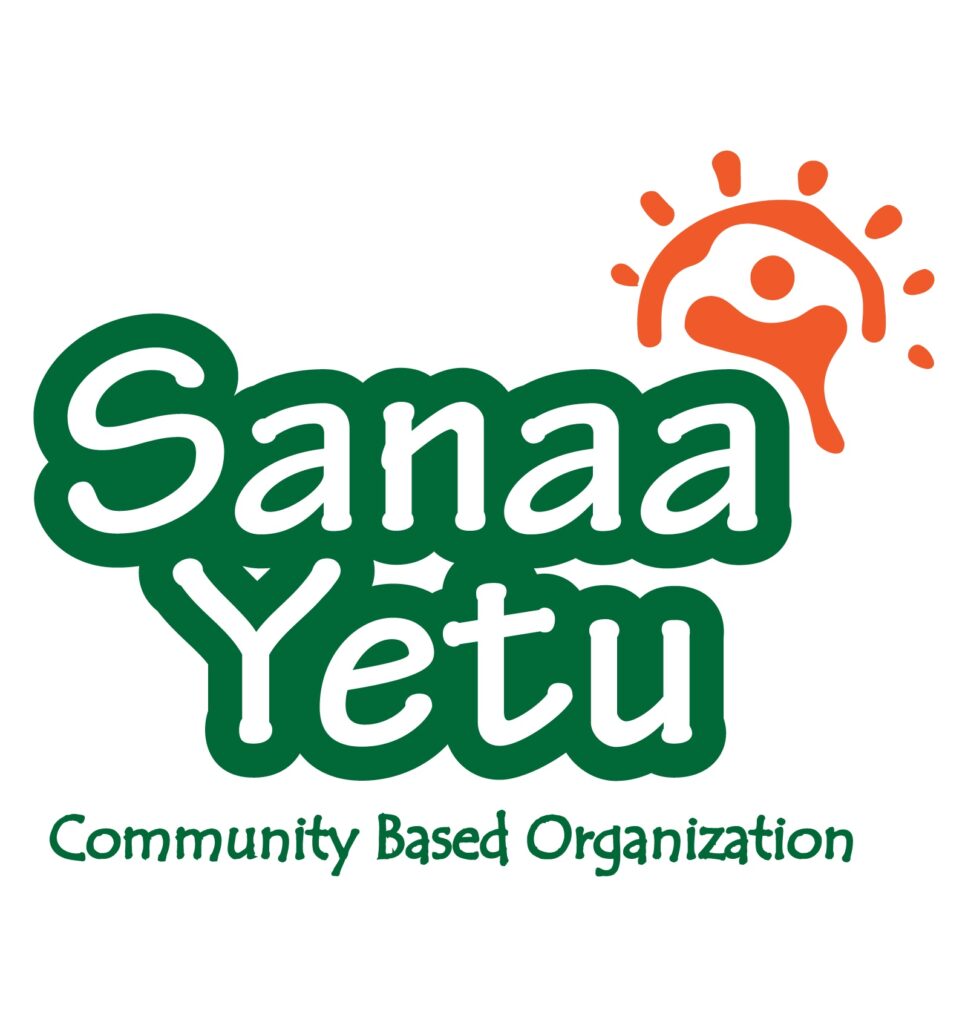
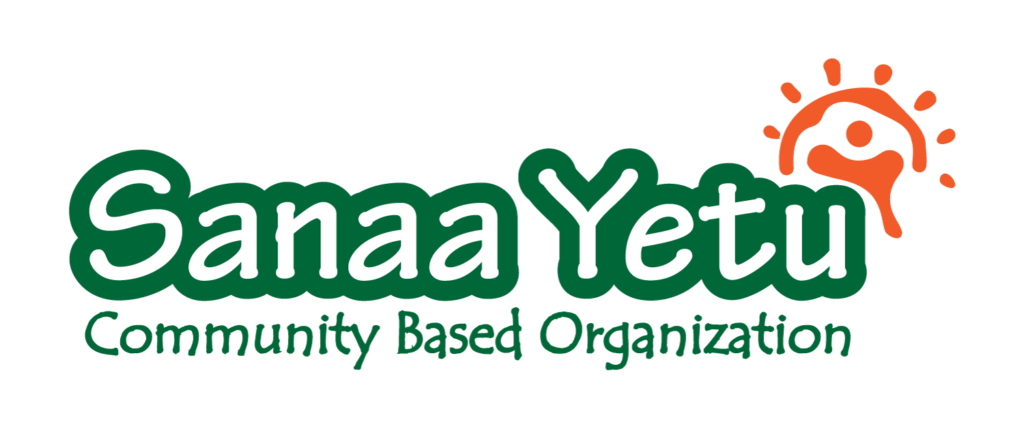
We are a community based organization focused on empowering women and Youth through access to information, Education and business opportunities. We educate our community on importance of mental wellness, menstrual hygiene business opportunities and a clean environment as the key to a progressive community. We advocate for tax cut policies that affect women sanitary health and access to favourable loans to empower the youth to have small startups in our community.






© Copyright 2024. Powered by Capenet Global